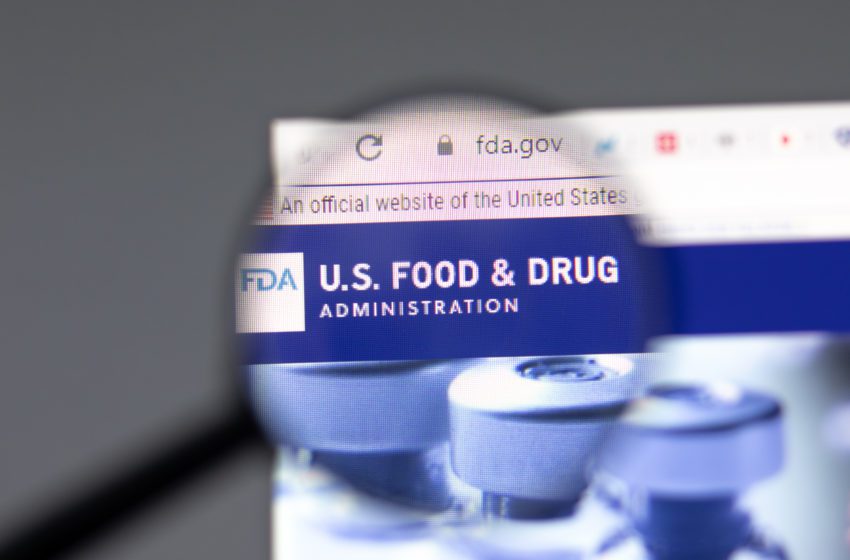
The U.S. House Oversight and Accountability Committee announced its intent to investigate the practices of the Food and Drug Administration’s Center for Tobacco Products (CTP).
Chairman James Comer is conducting the probe of the FDA’s regulation of tobacco and nicotine products through the CTP, stating that the center has failed to effectively define and administer its tobacco and nicotine regulatory programs.
The failure has resulted in industry uncertainty and unsafe products reaching the marketplace, according to a committee press release. In a letter to FDA Commissioner Robert Califf, Comer is requesting documents, communications, and a staff-level briefing related to the CTP’s activities to ensure it is performing its regulatory function as intended.
“The Committee on Oversight and Accountability is conducting oversight of the Food and Drug Administration’s (FDA) regulation of tobacco and nicotine products through its Center for Tobacco Products (CTP). A recent evaluation of CTP by the Reagan-Udall Foundation (RUF) found that CTP has not clearly set out the most basic elements of its tobacco and nicotine regulatory programs. This has resulted in confusion, inefficiency, litigation and suspicions of political interference. CTP has fostered uncertainty in the marketplace and has allowed unsafe and unregulated products to proliferate. Therefore, we seek documents and information regarding CTP’s activities to enable transparency and to ensure the CTP is performing required functions,” wrote Comer.
An evaluation of the CTP by the Reagan-Udall Foundation stated that the CTP is unable to perform its basic functions and ensure that Americans have access to products that have the potential to lower the rate of smoking-related disease and death. Amidst unclear policies, stakeholders have even reported having to guess what the CTP’s regulations might be. Congressional oversight is needed to bring transparency to the CTP’s lack of clear policies that have resulted in market uncertainty, unregulated products and enforcement failures, according to the press release.
“We have deep concerns that CTP’s decisions have been influenced by political concerns rather than scientific evidence,” wrote Comer. “Comments from FDA staff to RUF, which are no longer available on its website, reflect such concerns. For example, one commenter said, ‘[i]n cases where reviews are finished and scientific decisions are made, they are also overruled by political agendas and pushed to change decisions.’ Another stated, ‘scientific disagreement is frowned upon, if not entirely suppressed,’ while a third said leadership was ‘… unsupportive of a reviewer’s fundamental duty to provide an unbiased review using the best available science.’ FDA must clearly identify and publicize what scientific criteria are necessary for a product, to include [electronic nicotine-delivery system (ENDS) products] and smokeless products, to be authorized through the PMTA pathway and—where appropriate—the subsequent [modified-risk tobacco product applications (MRTPs)] pathway.”
Comer specifically asked the FDA to provide: FDA staff comments to the Reagan-Udall evaluation; all communications with the White House and Department of Health and Human Services (HHS) regarding tobacco or nicotine policy; documents and communications between the FDA and the Centers for Disease Control and Prevention (CDC) regarding CTP policies; documents and communications between the FDA and “public health advocacy groups” regarding CTP policies; all documents that describe the specific analytic process the FDA uses to apply the “appropriate for the protection of public health” standard; and all documents and communications related to the FDA’s enforcement efforts to remove illegally marketed tobacco or nicotine products from retail locations.

